
South Sudan Places to Visit
| Due to the unstable situation and very high level of general risk, traveling to South Sudan may be dangerous. Read more |
Top Cities and Destinations in South Sudan
Discover extraordinary cities and picturesque locations that will captivate you with their rich culture, fascinating history, and stunning beauty.

Juba
Central Equatoria
Rumbek
Lakes
Sudd
Jungoli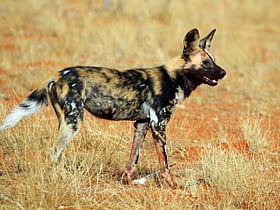
Bandingilo National Park
Eastern Equatoria
Malakal
Upper NileEmerging as the world's newest nation in July 2011, South Sudan is a land rich in cultural diversity, natural resources, and untapped potential. Despite facing significant challenges, this young country, with its resilient population, offers a unique look into the heart of Africa.
Juba, the capital of South Sudan, serves as the economic and political center of the country. The city is situated along the White Nile and has been a focal point for business and development efforts. In Juba, visitors can witness the blend of traditional and modern lifestyles, with bustling markets offering local crafts and the presence of international organizations reflecting the ongoing humanitarian efforts.
The country is characterized by vast, undeveloped landscapes that range from the Sudd, one of the world's largest wetlands, to the expansive savannahs teeming with wildlife. South Sudan's national parks, such as Boma and Bandingilo, are home to the second-largest wildlife migration on the continent, making it a potentially significant destination for eco-tourism and wildlife enthusiasts.
Culturally, South Sudan is a mosaic of over 60 different ethnic groups, each with its own language and customs. The Dinka and the Nuer are the largest groups, but each community contributes to the rich tapestry of traditions, dances, music, and art that can be found throughout the country. Festivals and ceremonies are an integral part of South Sudanese life, offering a window into the vibrant social fabric of this young nation.
Agriculture is a mainstay of the South Sudanese economy, with a significant portion of the population engaged in subsistence farming and pastoralism. The fertile land along the Nile and its tributaries supports the cultivation of crops such as sorghum, maize, and groundnuts. Moreover, South Sudan is endowed with natural resources, including oil, which accounts for the majority of the government's revenue.
Despite its potential, South Sudan continues to grapple with internal conflict and humanitarian challenges that have displaced millions and hindered development. Efforts to bring peace and stability are ongoing, with the international community supporting the peace process and the rebuilding of the nation's infrastructure.
Cuisine in South Sudan is a reflection of its diverse cultures, with dishes often centered around staple foods like kisra (a sorghum-based bread) and asida (a doughy porridge). Meals are typically accompanied by stews made with meat, vegetables, or legumes, and the influence of East African and Middle Eastern flavors is evident.
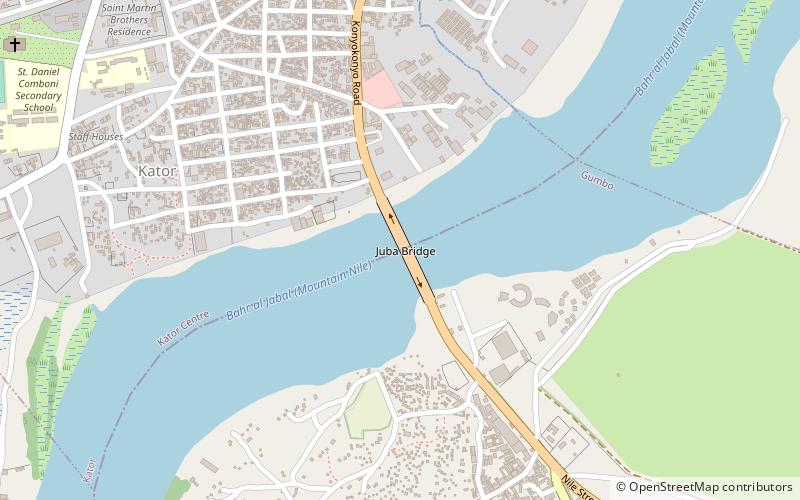
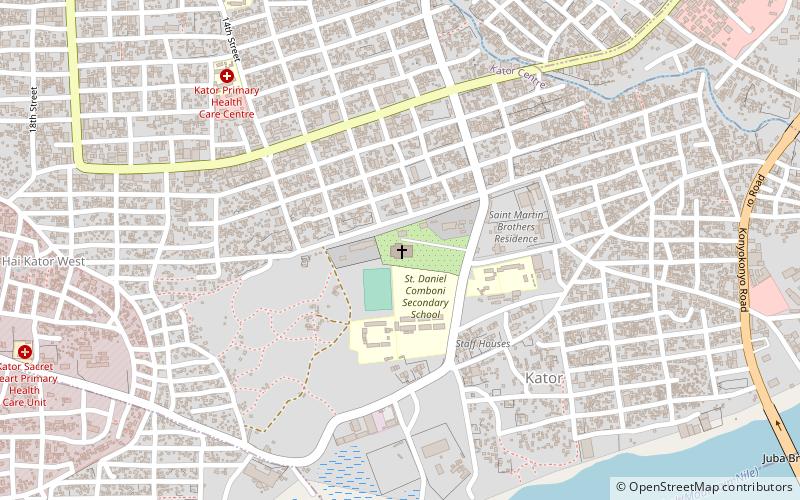
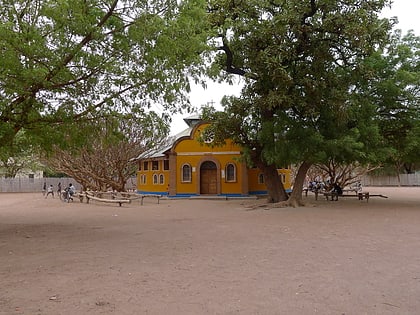
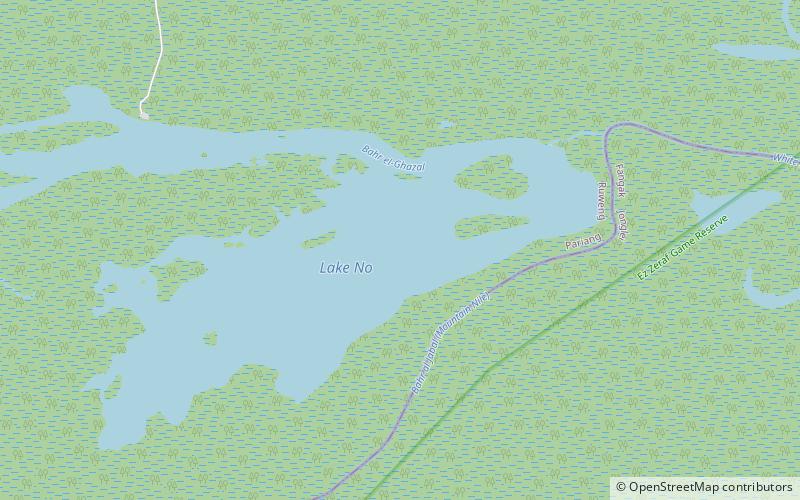
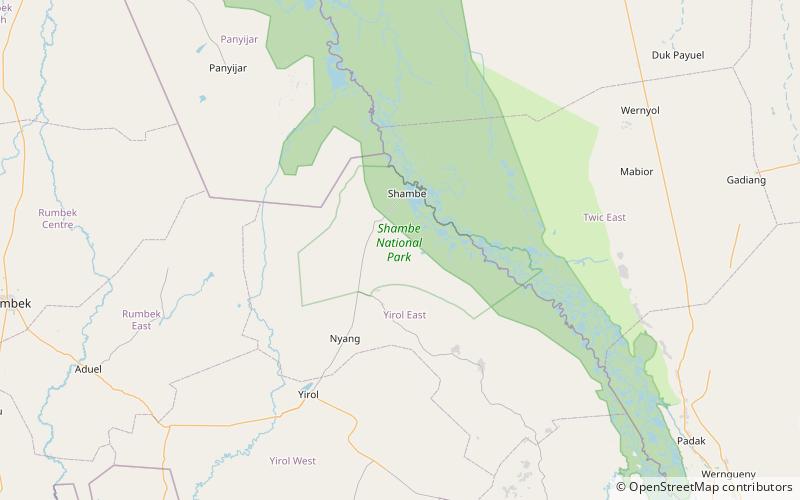
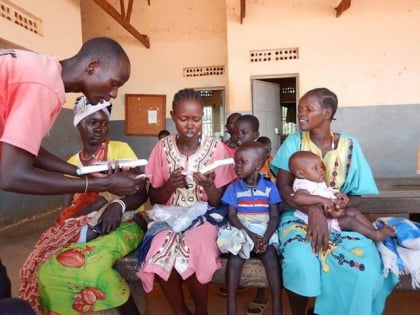
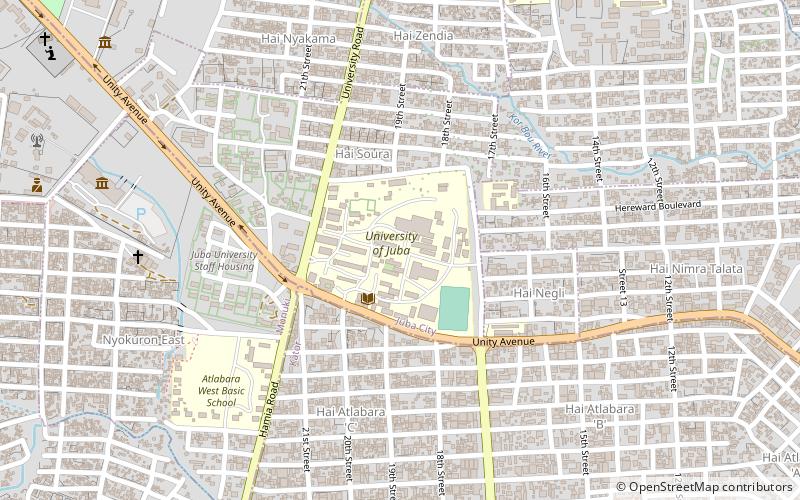
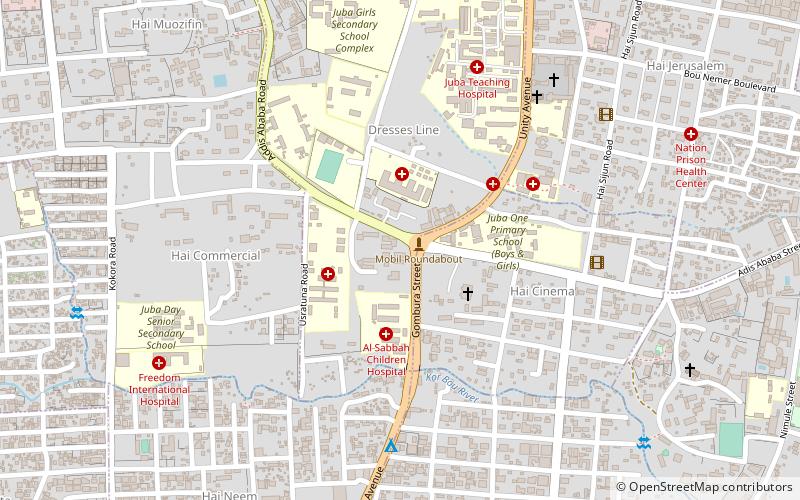
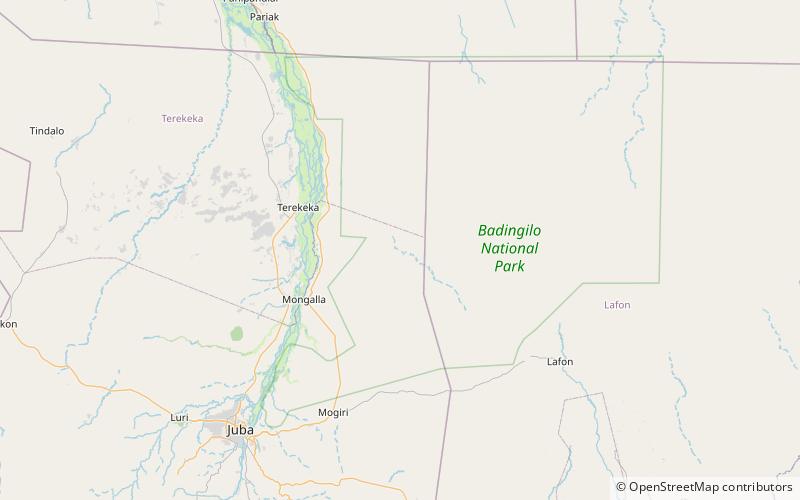
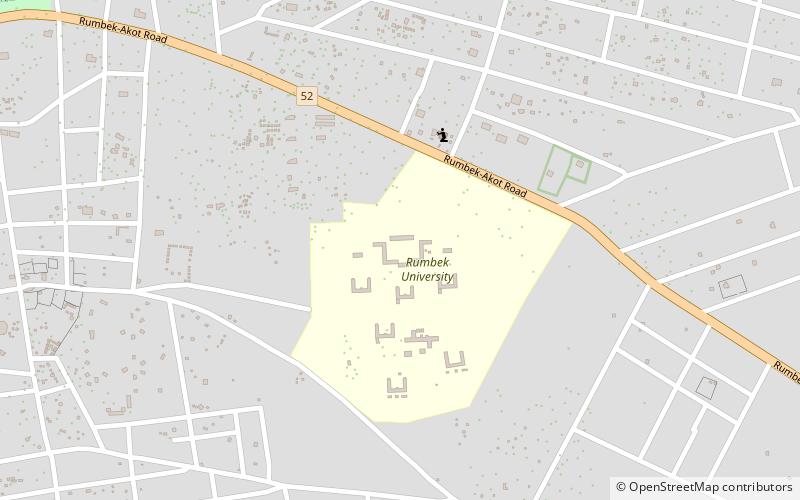
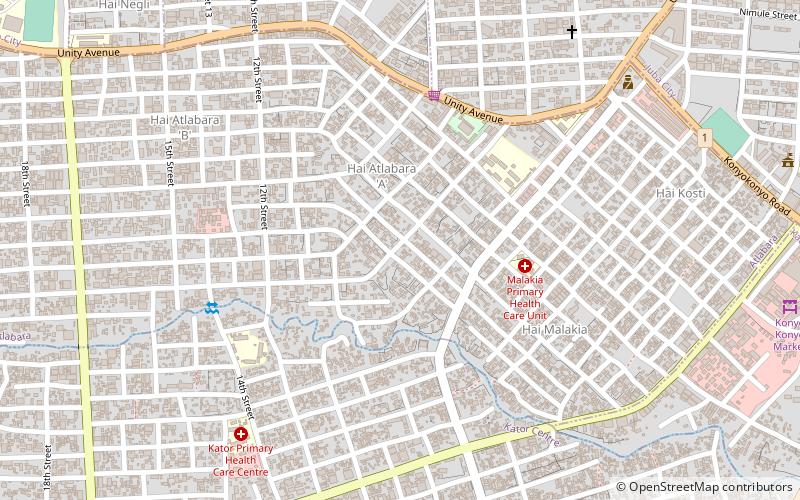
 Ethiopia
Ethiopia